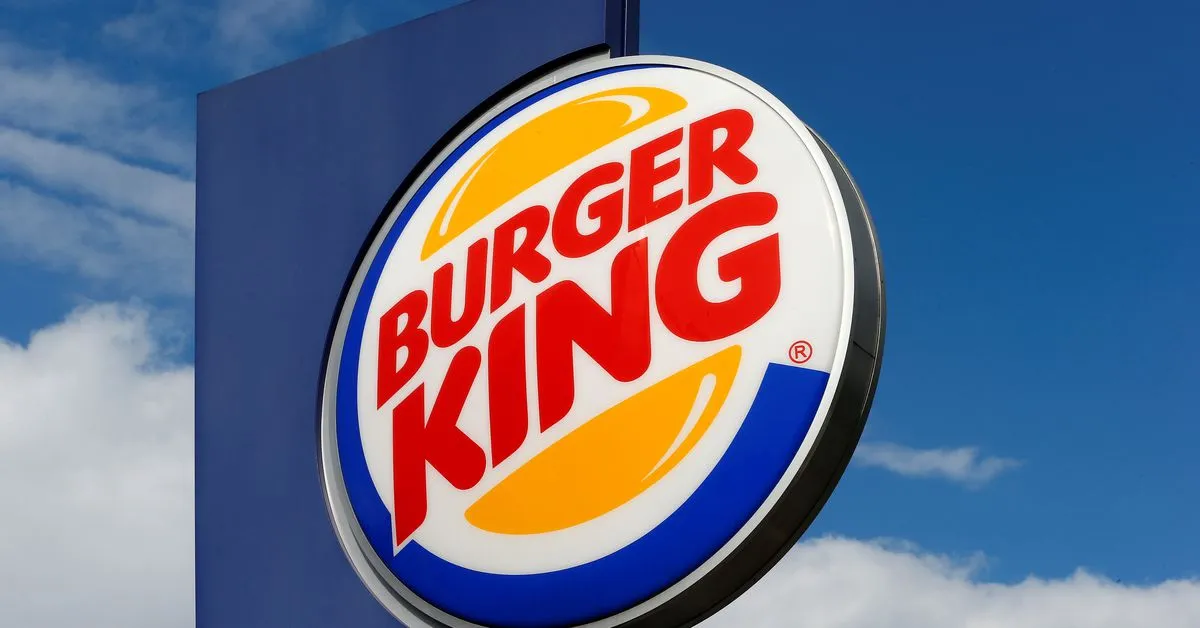A U.S. judge has rejected Burger King’s bid to dismiss a lawsuit claiming that it cheated hungry customers by making its Whopper sandwich appear larger than it actually is.
U.S. District Judge Roy Altman in Miami said Burger King must defend against a claim that its depiction of Whoppers on in-store menu boards mislead reasonable customers, amounting to a breach of contract.
Customers in the proposed class action accused Burger King of portraying burgers with ingredients that “overflow over the bun,” making it appear the burgers are 35% larger and contain more than double the meat than the chain serves.



It depends on your perspective. From a consumer protection stand point, sure, marketing based entirely on all the faults of the product might be helpful. “our burgers are designed to be unsatisfying, to make you buy more. they’re loaded with fat and butter and other kinds of fat, and the buns are incredibly sugary to make you addicted and make up for the utter lack of real flavor… and it’s not even entirely beef in that there patty” isn’t really going to sell many burgers.
So from a marketing perspective it is bad. Saying “oh, the photo on the menu makes it appetizing, when it’s not really appetizing” is like… Saying “OH. our photographers and food modelers did a good job!” to them. and that, whether you like me or not, is why you really need to read the menu instead of looking at the advertisements. Whose beef patty is probably made of painted mashed potatoes, painted up in lacquer because it’s hard to keep food fresh enough to get a good photo…
The issue is most fast food restaurants use the advertisement photos on the menu. Sorta leads the customer to believe that’s what they are getting (with some tolerance).